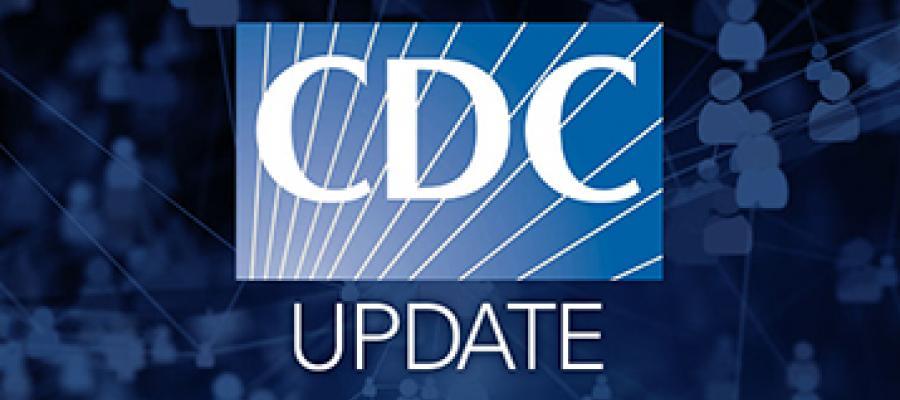CDC recommends immunizing all infants under 8 months old against RSV

As proposed yesterday by its Advisory Committee on Immunization Practices, the Centers for Disease Control and Prevention recommends that starting this fall all infants under 8 months old receive one dose of the new long-acting monoclonal antibody nirsevimab to prevent respiratory syncytial virus, and that certain infants 8-19 months old at risk for severe disease receive one dose in their second RSV season. The Food and Drug Administration last month approved the product for use in these age groups. An estimated 58,000 to 80,000 U.S. children under age 5, mostly infants, are hospitalized each year due to RSV.
“RSV is the leading cause of hospitalizations for infants and older babies at higher risk and today we have taken an important step to make this life saving product available,” said CDC director Mandy Cohen, M.D.

